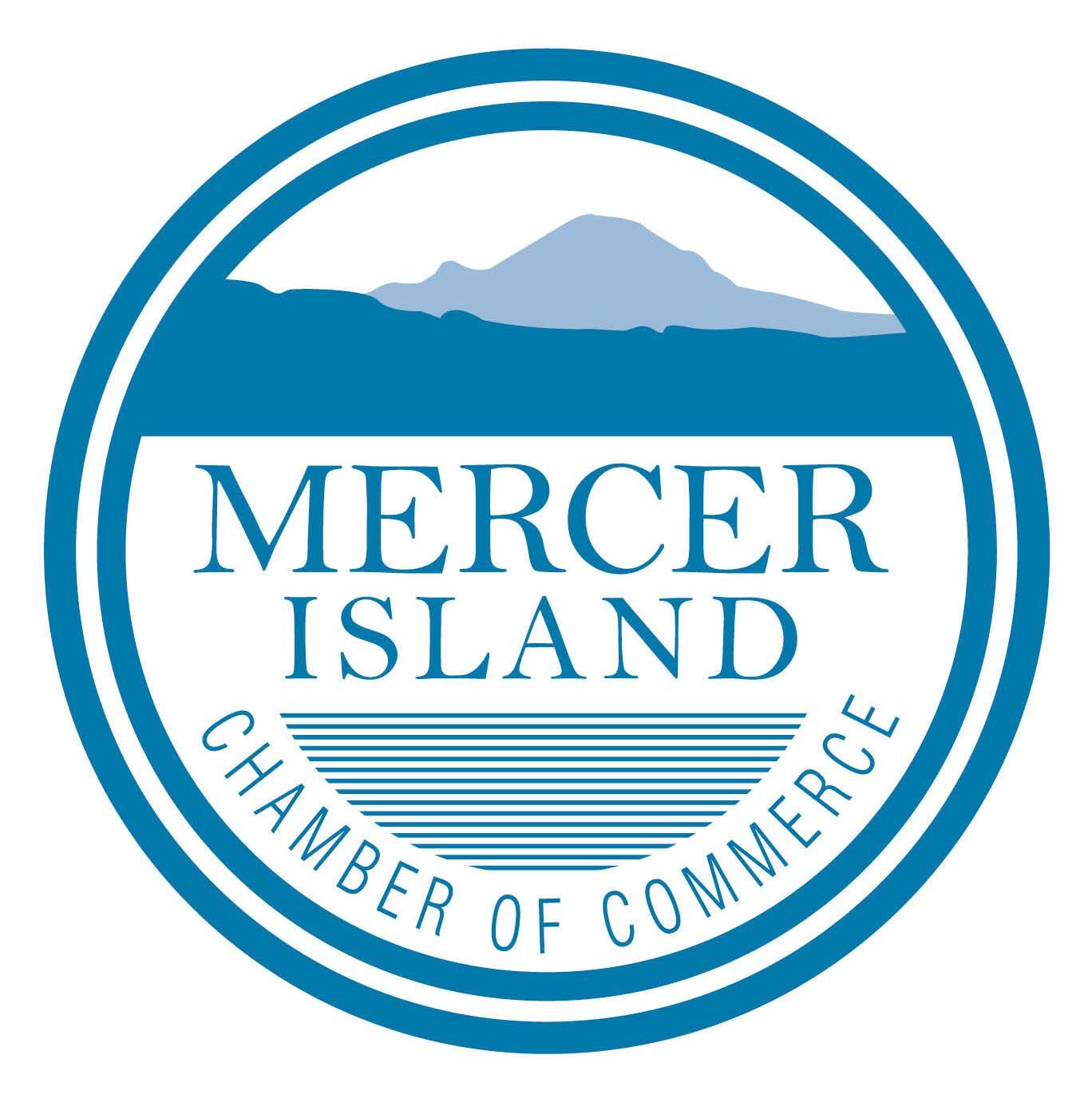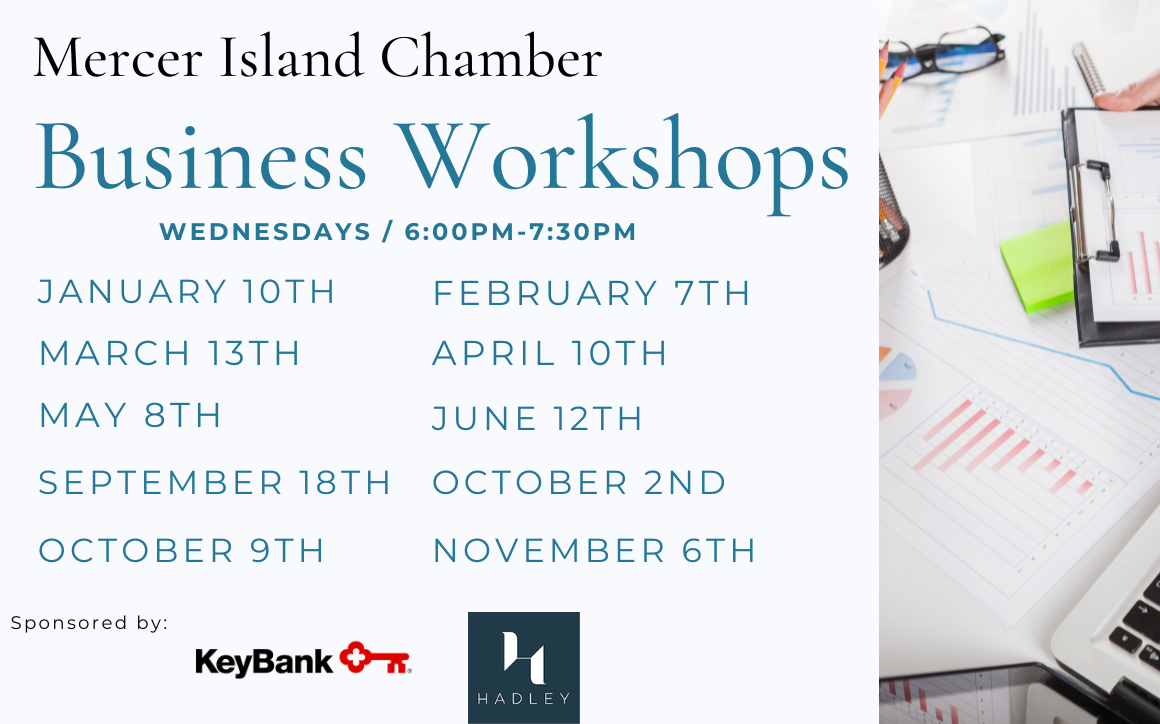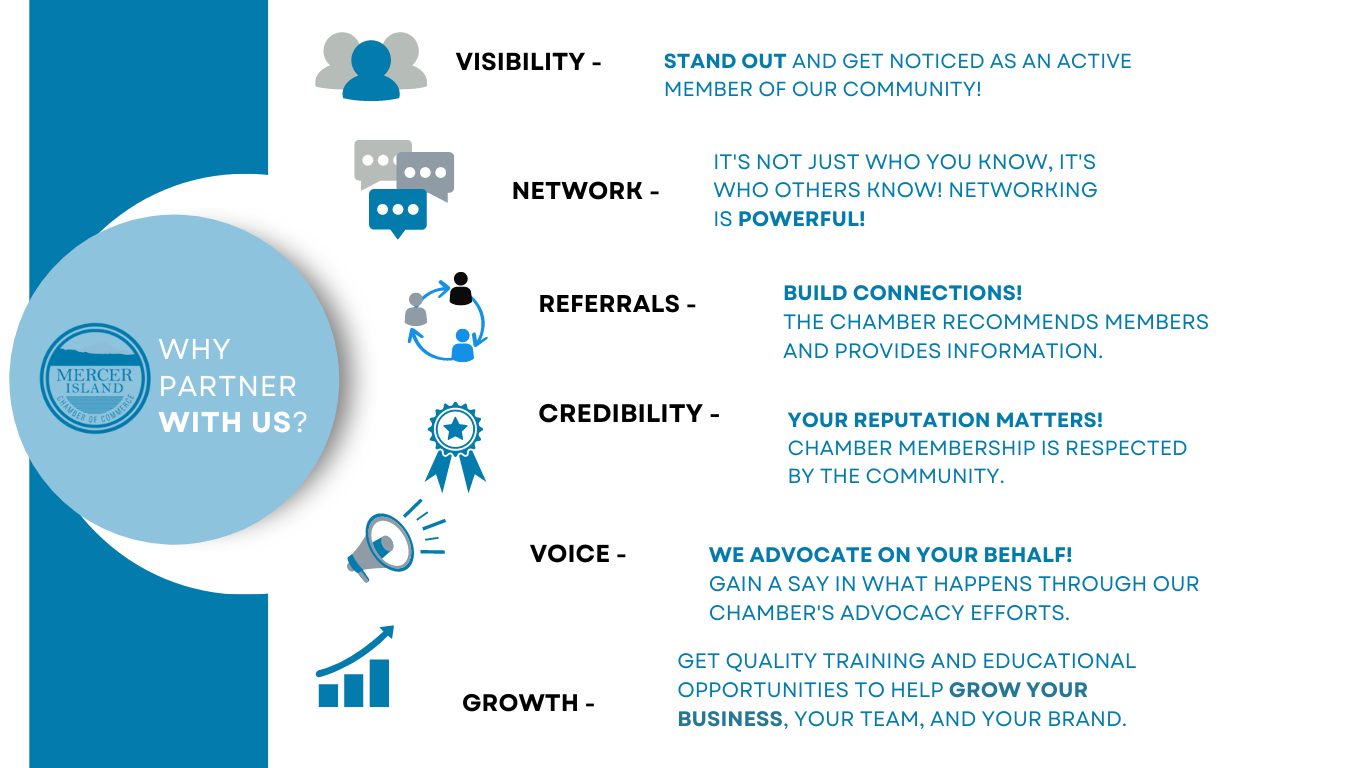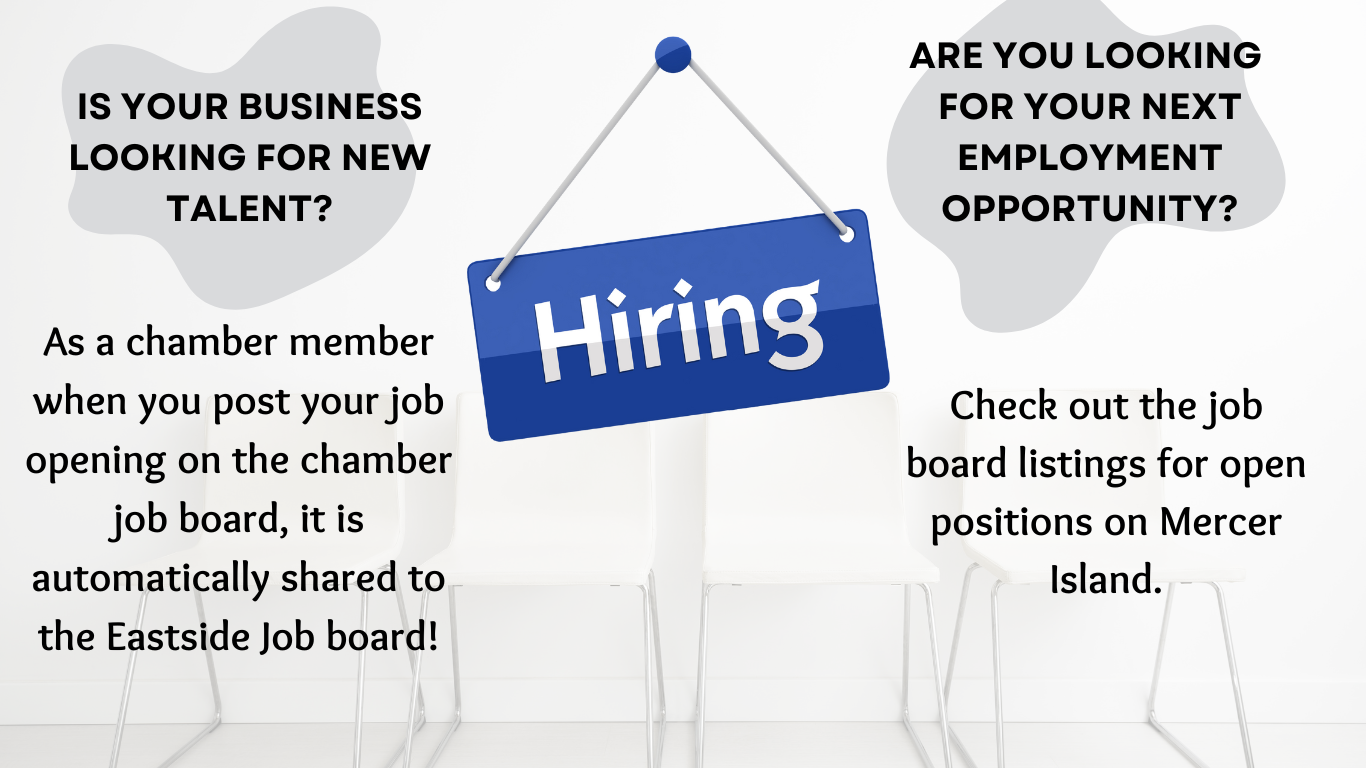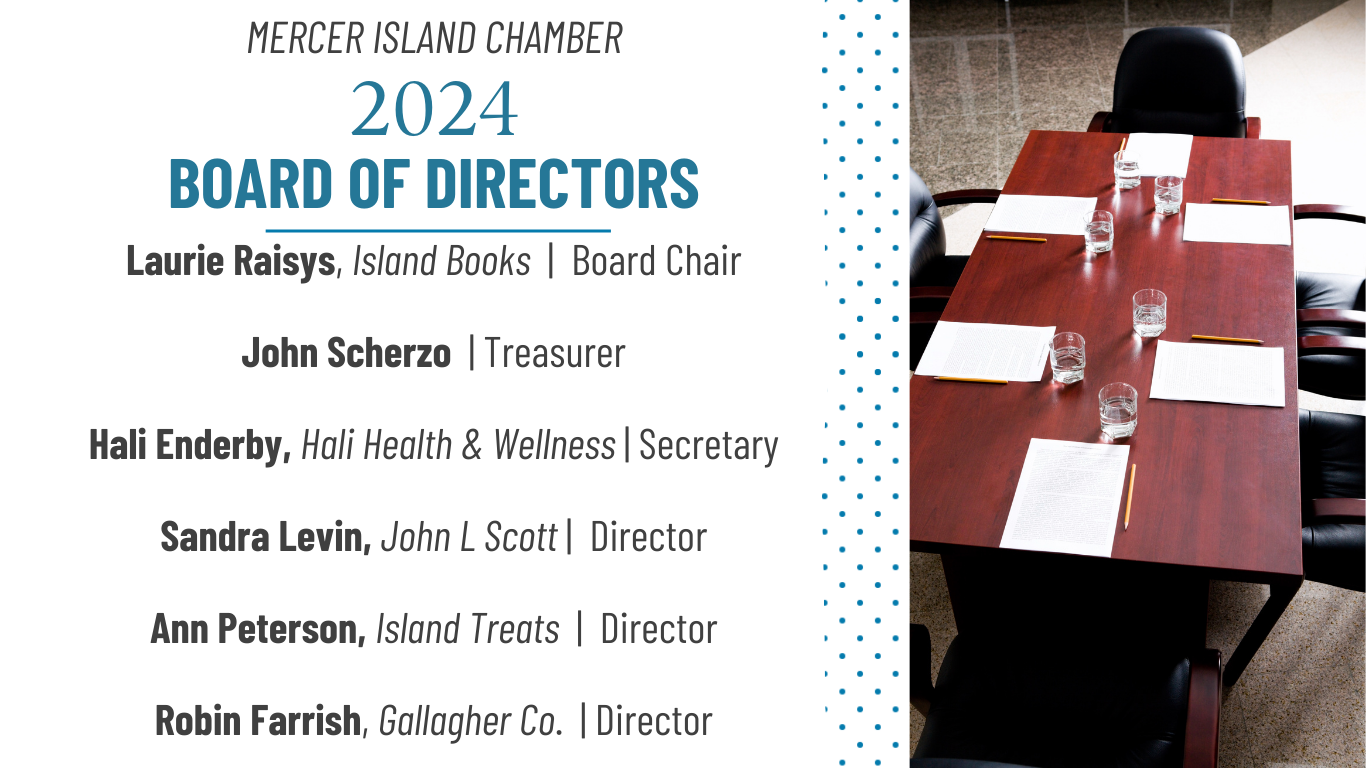13 de mayo de 2025
Let’s face it, our daily habits often run on autopilot. We grab coffee from the same place, click the same websites when we shop, and call the same service providers without a second thought. Loyalty is great but what if, just for a moment, we paused and considered the impact of those everyday purchases? Small Business Month is the perfect opportunity to rethink where your dollars go. Instead of defaulting to businesses that may have no connection to the community, consider supporting those that are actively invested in it, Chamber members. These businesses, both large and small, contribute time, resources, and leadership to make your town thrive. From sponsoring events to hiring local talent, they show up for the community every day. Supporting small and local doesn’t always mean spending more. It just means being intentional. What if you swapped your routine drive-thru stop for a visit to the neighborhood coffee shop—even just once a month? Or replace a service you use with a chamber-member provider just down the road? Those small swaps can lead to big results for your community, and they’re often more rewarding, too. Where to Start? Try these swaps: Morning Routine . Your go-to coffee spot might be convenient, but have you tried a chamber member café lately? Many offer unique blends, homemade baked goods, and personalized service. Best of all, your dollars stay close to home, supporting jobs, community causes, and your neighbors. Grocery Shopping . From local markets to butcher shops and farmers’ markets, you’ll find fresh products and friendly faces. Swapping even a portion of your grocery list to local vendors supports farmers, entrepreneurs, and small producers in your area. Health & Wellness . Where do you work out? Where do you get your healthcare needs met? Many chamber-member businesses in these sectors offer wellness consultations, fitness classes, and personal service. Some cities even offer free or low-cost programs that introduce you to local instructors. Dining Out . Next time you’re hungry, try a chamber-member restaurant. Whether it’s a taco stand, food truck, or family-owned diner, you’ll enjoy a unique dining experience, and know your meal helps a neighbor succeed. Special Occasions . Need a gift, flowers, or a card? Shop small first. Local boutiques, florists, and artisans often carry one-of-a-kind items that are far more memorable than what you’ll find online. Many chamber members offer gift guides, curated selections, and even local delivery. Ideas for Making the Switch If you're ready to support local and chamber-member businesses, try this: · Swap one of your regular purchases to a chamber member this month. · Choose a chamber-member restaurant for your next meal out. · Use your local chamber’s business directory to find trusted service providers. · Visit a farmers' market or craft fair to buy locally made products. · Look for the Chamber Member decal (or badge online), ask a business if they’re involved in the community, or next time you’re at an area event see which businesses are there and patronize them in the future. What About Franchises? Yes, many franchises are small businesses and chamber members too. Often, they're owned by residents who are invested in your community. That corner sandwich shop, dry cleaner, or gym? Chances are good the owner lives in town, employs local workers, and contributes to the same causes we all care about. If they’re Chamber members too, you can feel confident your dollars are staying local. Why This Matters When you support local businesses, especially Chamber members, you’re doing more than making a purchase. You’re investing in your community. Chamber-member businesses are often the first to step up and support schools, sponsor festivals, and donate to local nonprofits. They hire locally, mentor young professionals, and create the kind of vibrant, thriving economy we all want to see. This Small Business Month, challenge yourself to be intentional in your purchases. Try a 30-day chamber member spending challenge and discover just how many great businesses are in your backyard or set aside a dollar amount to be spent with your neighbors. Not only will you enjoy personalized service and quality products, but you’ll also be part of something bigger—a stronger, more connected community. And, in that, everyone wins.









